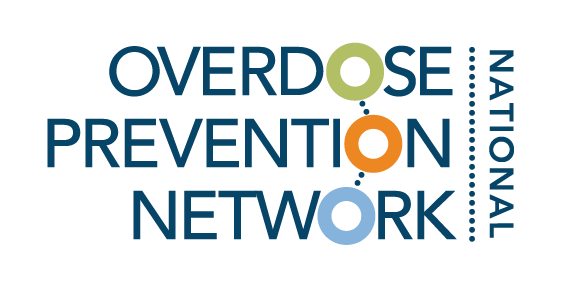
Resource Library
Toolkits, guides, and other resources vetted by experts in overdose prevention.
Filter by category and tags, or search by keyword (ex. COVID-19, harm reduction).
Speaking the Same Language: A Toolkit for Strengthening Patient-Centered Addiction Care in the United States
The toolkit offers high-level strategies for integrating The ASAM Criteria into a state’s approach to SUD services, as well as potential pathways that states can pursue, implementation vehicles, state examples, and model legislative, regulatory, and contractual language from which states can draw.
Bridging the Divide Between Mental Health Care and Addiction Treatment
CHCF released a new report that shows that people with a dual diagnosis of mental illness and substance use disorder have a difficult time to receive fully coordinated and effective care. This story is just one of many depicting this reality.
Supporting Telehealth and Technology-assisted Services for People Who Use Drugs: A Resource Guide
This resource guide offers recommendations, tools and examples from the field to better implement telehealth and technology-assisted services to increase access to care and improve outcomes for people with SUD.
Guide: Helping a Loved One
This infographic is a guide on how to communicate effectively with family members with SUD and support them throughout their crisis.
New Medicaid Guidance for Community-based Mobile Crisis Services
This brief outlines the benefits of a mobile health care system to improve outreach and overdose prevention efforts.
Today, Explained: The new meth
This podcast with Sam Quiñones discusses the creation of a new synthetic substance that has become prevalent in recent years.
New Training Webpage and Messaging Products for ACEs, Overdose, and Suicide Prevention
This website provides resources for addressing the relationship between trauma, substance use disorder, and mental health.
Preliminary Monthly Fatal Drug-Related Overdose Counts for October 2020 – September 2021
This preliminary statewide monthly count data is presented by substance and posted on the SAPB website and intended to provide death data to our partners more quickly.
Trauma-Informed Care for Opioid Use Disorder
This guide provides an understanding of the principles and practices of trauma-informed care is a helpful way to understand and connect with patients, and improve the experiences and outcomes of care for everyone involved.
Promoting Health Equity in Response to Drug Overdose
Racial and ethnic minority groups are disproportionately affected by overdose-related deaths. This fact sheet discusses strategies for closing the gap in the quality of healthcare between different socioeconomic groups is vital to curbing the rate of overdose-related deaths.
Getting Candid: Framing the Conversation Around Youth Substance Use Prevention toolkit
The purpose of this guide is to equip youth-serving providers with substance use prevention messaging and share guidance on how to effectively deploy this messaging with middle and high school age youth.
4 Big Ideas – Applying learnings from COVID to the U.S. approach to the overdose crisis
This presentation compares our response to COVID-19 with our response to the overdose epidemic. It explains the need for innovation and progressive thinking to create change with how we approach substance use disorder as both a medical and community-based crisis.
Understanding Opioid DATA from multiple perspectives
This presentation focuses on innovative approaches to tracking and treating overdoses.
Integrating prevention practices into the justice system
This presentation describes the systemic inequalities in the justice system, and obstacles faced by those with SUD who are incarcerated, particularly women.
Fentanyl Changes the Landscape
This presentation focuses on how the emergency of fentanyl has changed how we must approach the overdose epidemic, and how the differences between fentanyl and other opioids requires a new approach to treatment SUD.
Activating community for health justice. Nothing About Us Without Us.
This discussion focuses on the importance of working with community members when creating effective solutions to the overdose epidemic. It emphasizes the valuable insights that can be gained by listening to people on the ground who are deeply impacted by this crisis.
50 Years After the War on Drugs, What Now?
Dr. Westley Clark explains the systemic injustices that have contributed to the high rates of SUD and overdose within minority communities, and what must change to improve these conditions
Investing in Innovation – Foundation CEOs share their vision
These foundation CEOs share their experiences with running community-based organizations, and the importance of constantly improving processes within the organization on every level.
Latino/a/x communities SUD issues; Implications for policy and practice
This discussion highlights the challenges and obstacles faced by the Latino/a/x communities when accessing overdose prevention and addiction services. It offers recommendations for creating a more equitable health care system.
Understanding the relationship between equity and SUD, and what we can learn from other country approaches
This presentation discusses the history of systemic inequalities in health care, and looks at examples of effective overdose prevention strategies in other countries.




















